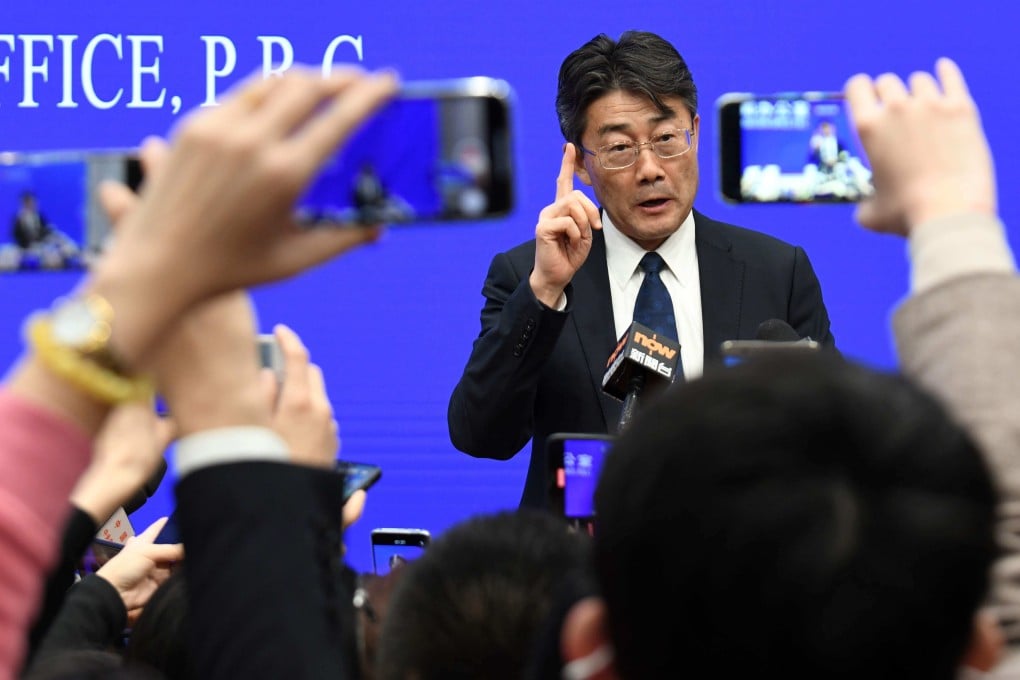Advertisement
China considers mixing Covid-19 vaccines to offer more protection
- Gao Fu, the head of the country’s CDC, says the health authorities are looking at ways to overcome relatively low efficacy rates
- Another option under consideration is to change the interval between doses, adjust the dosage or offer an extra jab
Reading Time:3 minutes
Why you can trust SCMP
71

China is exploring the option of mixing different Covid-19 vaccines as a solution to the relatively low efficacy of its existing jabs, the head of the country’s Centre for Disease Control and Prevention has said.
Gao Fu told a conference in Chengdu on Saturday that the country was examining two routes “to solve the problem that the efficacy of its existing vaccines is not high”.
One option is to adjust the dosage, the interval between doses or increase the number of doses. The second route is to mix vaccines that use different technologies.
Advertisement
At present China does not recommend mixing different vaccines.
Health experts generally agree that the mixing different Covid-19 vaccines should be safe, and clinical trials are being held in Britain and other countries to see if that would yield better protection.
Gao also said China was considering when to reopen its borders, and whether to keep measures such as mandatory mask wearing and testing in place after that.
Advertisement
Select Voice
Choose your listening speed
Get through articles 2x faster
1.25x
250 WPM
Slow
Average
Fast
1.25x